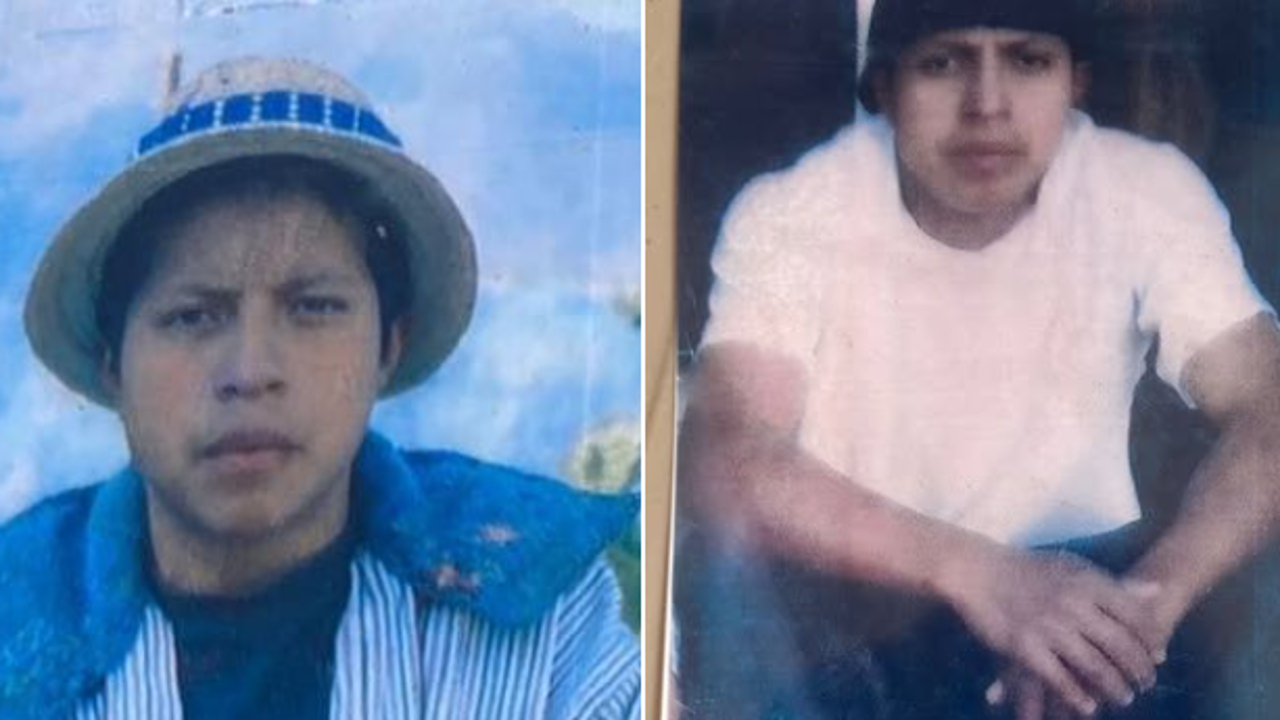Alameda Cold Case Solved: DNA Technology Identifies Remains After 16 Years

Alameda, California – A decades-old mystery has finally been solved thanks to advancements in DNA technology. Human remains discovered in Alameda Marina back in 2008 have been positively identified as Esteban Pablo, a 20-year-old man, after 16 years of uncertainty.
The breakthrough came through the work of Othram, a biotechnology company specializing in forensic genetic genealogy. Using this cutting-edge technique, Othram's lab in Texas was able to extract and analyze DNA from the skeletal remains, ultimately connecting them to Pablo’s family.
The Discovery and Initial Investigation
The remains were first found floating in the Alameda Marina on August 24, 2008. Local authorities initially investigated, but despite their efforts, they were unable to identify the individual. The case grew cold, leaving investigators with few leads and a lingering sense of unanswered questions.
Forensic Genetic Genealogy: A New Hope
Forensic genetic genealogy has emerged as a powerful tool in solving cold cases. It combines traditional DNA analysis with genealogical research. Othram takes DNA samples from unidentified remains and uploads them to public genealogy databases. Algorithms then search for distant relatives, building out family trees until potential matches are identified. These matches are then contacted, and DNA samples are obtained to confirm the relationship and ultimately identify the deceased.
“This case highlights the incredible potential of forensic genetic genealogy to bring closure to families who have been living with uncertainty for years,” stated a representative from Othram. “We are proud to have played a role in identifying Esteban and providing his loved ones with answers.”
Bringing Closure to a Family
Authorities have been able to contact Pablo's family, who were understandably overwhelmed with emotion upon learning the news. While the years have passed, the identification offers a sense of peace and allows them to begin the grieving process with a degree of certainty they previously lacked. The Alameda County Sheriff's Office is continuing to investigate the circumstances surrounding Pablo's death, now that his identity is confirmed.
The Future of Cold Case Investigations
This successful identification underscores the growing importance of forensic genetic genealogy in solving cold cases across the country. As the technology continues to advance and become more accessible, it is expected to play an even greater role in bringing justice and closure to families affected by unsolved mysteries. The Alameda case serves as a poignant example of how modern science can shed light on the past and offer hope for the future.





